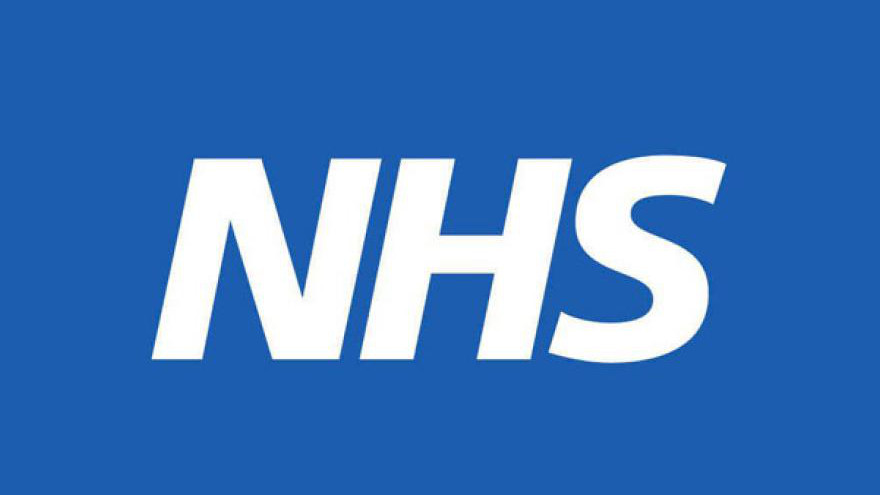Public confidence in the NHS has plummeted over the past 5 years. The British Social Attitudes Survey reveals that the number of people expressing dissatisfaction has now hit 52% from 25% in 2019.
The latest of these annual surveys, published this year, gives a snapshot of views on public perceptions of life in Britain today. The latest report also demonstrates how people’s views have been influenced by media and political messages.
Started in 1983, these look at public views of Government, the Health service, police, crime and other aspects of day to day life. Different questions are asked each year according to topics in the media at the time. The most recent exposed a number of interesting facts. Research is done by the respected National Centre for Social Research, headed by Sir John Curtice.
The chart above shows the changing public perception of a number of key issues. It shows the fall in satisfaction with the NHS and growing unhappiness with the Government. It also displays that acceptability of people living together outside marriage is growing whilst attitudes to those who are Trans is falling.
Concern about poverty stays high, migrant workers are now less accepted, and the attitude that women should remain at home is now very low.
There are no great surprises within it on public scepticism about politics and politicians. For instance, trust in the Government to put the nation’s interests first fell dramatically during the Johnson administration and subsequent frequent changes of Prime Minister, from 45% in 2019 to a record low of 34% by 2024.
However, perhaps due to the focus on small boat crossings by asylum seekers, the attitude to migrant workers fell. In 2019 47% surveyed believed they are good for the British economy, to 39% now.
Concern about poverty has increased again. 73% now believe that there is “quite a lot” of poverty in Britain, up from 68% in 2019. In 1994 that concern had been shared by 71%, but reduced to 54% during the Blair Government following the introduction of schemes such a “Sure Start”, but has risen since.
Attitudes towards people’s personal lives have got more liberal, 81% saying it is fine for people to live together without getting married compared to 64% in 1994, and 67% accepting same sex relationships compared with just 17% in 1983. 76% support a woman’s right to an abortion compared to 37% in 1983.
However attitudes to transgender people have grown more hostile, again perhaps influenced by the national, highly charged, debate with just 30% accepting they should be able to choose their sex rather than live with the one identified at birth, compared to 53% in 2019.
Within the house, in 1984 76% thought women should do all the housework with 22% saying it should be shared, but now the figures have reversed to 76% wanting parity, 16% clinging to the idea it is for women only. 40 years ago 48% believed that men should be the breadwinner but in the 2020s that had shrunk to 9%.
What has not changed at all is that back in 1983 70% of respondents believed that class makes a difference to gaining opportunities in life. The majority still believe this, but now that unhappiness is felt by 77%.
